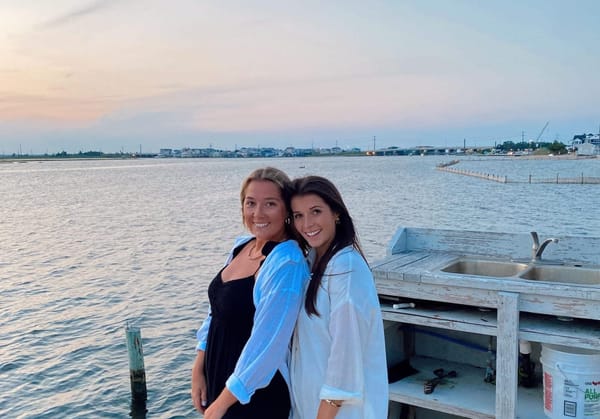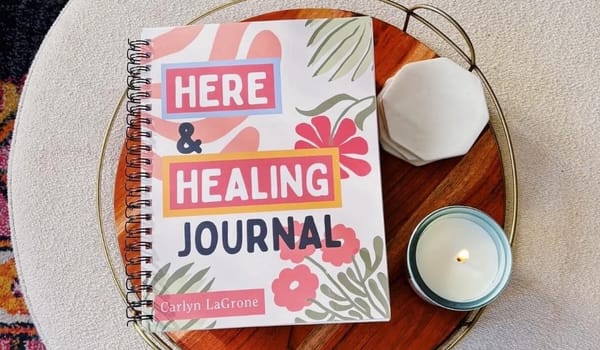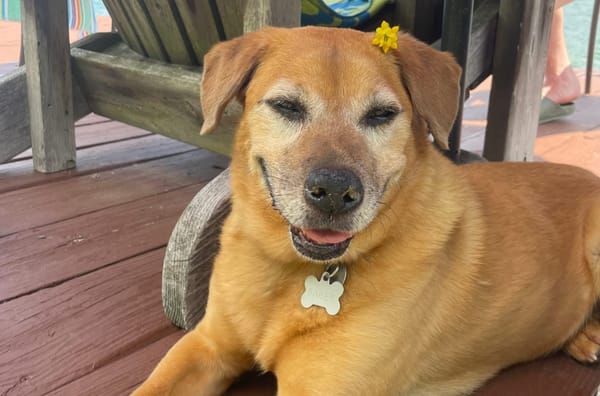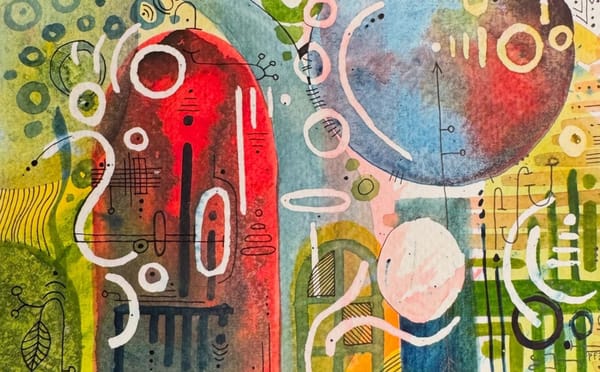Hava’s Story: “I’ve Felt Different For As Long As I Can Remember.”
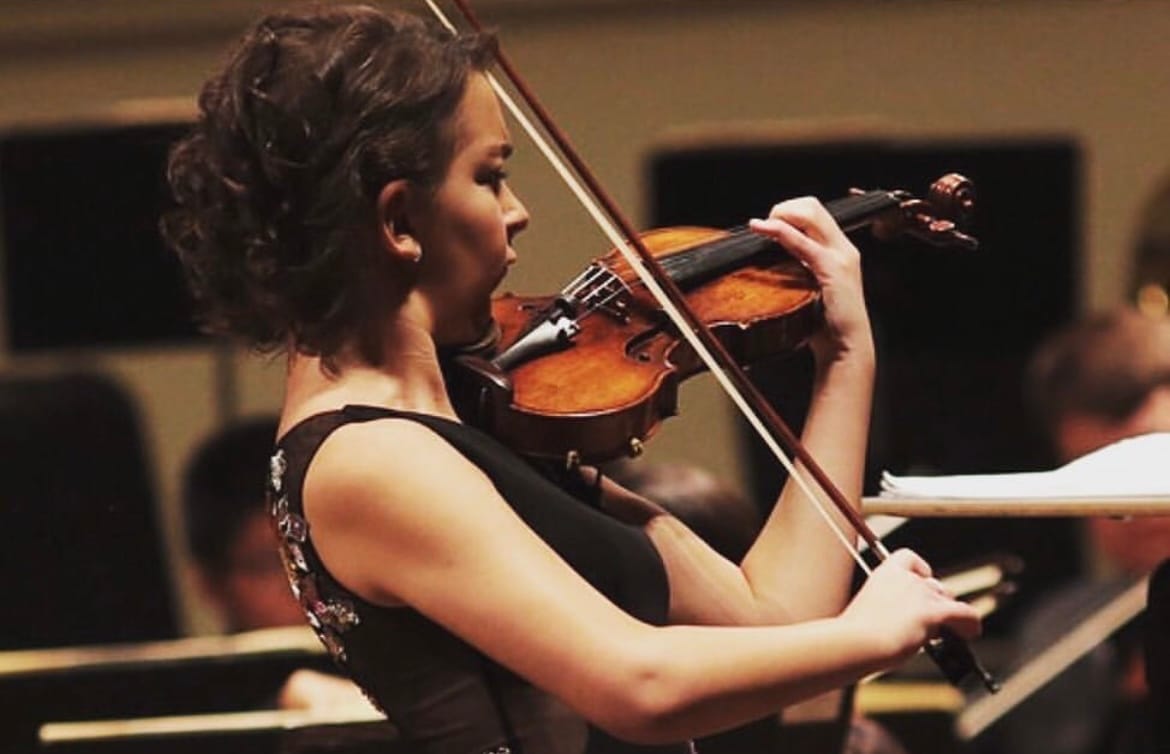
Hava grew up under stares and whispers. Surrounded by constant judgment, two things kept her afloat: her family and her violin.
Hava picked up the violin as a young child, just as a rare genetic condition—Trichorhinophalangeal Syndrome—began to shape how she saw herself.
“It’s incredibly, incredibly rare,” she said, describing how TRP affects her hair growth, facial features, hands, feet, and joints.
Her parents began to notice physical differences when she was three. “I pretty much had no hair.”
By kindergarten, she already felt a distance between herself and other girls. “I have felt different for as long as I can remember,” she explained.
That sense of difference led her to music. “I was five years old when I walked up to my parents and said, ‘I want to play the violin.’”
Her dad played when he was young, and classical music was always on the stereo throughout their home.
“I think I just fell in love with the sound and decided I wanted to play.”
From the moment she picked up the violin, her talent was undeniable. “I was so excited and obsessed—just in love with it. I loved the music. I loved the activity. And I loved being seen.”
Despite finding her passion, the exclusion worsened over time.
“It was really bad, especially in middle school.” She remembers eating lunch alone in the bathrooms. “Boys would make duck noises when I entered the room… I was never invited to the parties or the sleepovers.”
Even beyond the classroom, she felt like she didn’t belong. “People were asking me if I was a boy or if I was sick… There was a ton of staring. It was very hard to just be.”
Hava vividly recalls a childhood moment that stuck with her. “I was out to dinner with my family, and I walked into the women’s bathroom and somebody looked at me and said, ‘Oh, you’re in the wrong bathroom.’ And I looked at the door and said, ‘No, I’m not.’”
She started wearing headbands every day. “I only wore pink—I wouldn’t leave the house without a headband on. It felt like my mom bought me a new one every day. My parents just wanted me to be happy.”
But in music, she found a sense of purpose.
Hava began lessons with a well-known teacher in her area but quickly outgrew her. After two years, she was referred to a more advanced instructor—a member of the St. Louis Symphony.
Her dad drove her to Chicago once a month to take lessons with the most respected teachers. “He has been so active with my passion the whole time because he can relate to it the most— he came with me to most of my lessons.”
By sixth grade, Hava was accepted into the top youth orchestra—two years younger than the minimum age. Within a year, she earned first chair. At 11, she became the youngest contestant to win St. Louis Got Talent.
At home and in the orchestra, Hava was thriving. But beyond music and family, she felt alone. “I wasn’t talking about [my condition] to anybody.”
She looked different from her sisters, but her family never spoke of it directly. It wasn’t until she was 12 that her parents shared what set her apart.
Her condition would typically make playing an instrument physically challenging. “The way my fingers are shaped, my knuckles are bent and curved in odd ways,” she explained. But she had a natural gift—and playing never felt difficult.
By her freshman year of high school, her instructor asked if she was interested in The Juilliard School. Her dream suddenly felt within reach. She realized, “I want to do this forever,” and began practicing 40 hours a week.
After years of hard work, the acceptance letter came. “I got into Juilliard. I think I cried for eight hours.”
At Juilliard, Hava finally felt seen. “It didn’t matter how I looked… For the first time in my life, I was surrounded by people who, like me, just wanted to make beautiful art… That was incredibly healing, and to this day, they’re my very best friends.”
She welcomed the challenge of being a small fish in a big pond, but it didn’t take long for that to change.
“Sophomore year, I was placed in the principal pool, the group from which they select the first chair.”
“After being there for two years… I realized I was becoming a big fish there, too.”
However, her insecurities still lingered. “Because of the way I looked and societal standards, I was convinced that I was completely unlovable,” she said. “I have two older sisters who could be models. And they were always dating.”
Those feelings resurfaced when she was home after a painful breakup during COVID.
Her mental health faltered, leading to anxiety, depression, and disordered eating.
“I thought, if I don’t like my hair, at least I could like my body… I just wanted to feel confident and was gonna try any way possible.”
When she ultimately reached her lowest point, she turned to therapy. “I spent a year unpacking the bullying and the public vision. I also spent a lot of time talking about just feeling like the ugly sister, the odd one out.”
Slowly, Hava began to feel comfortable in her own skin. “I was finally able to look in the mirror and feel really happy with what I saw.”
She’s rebuilding her sense of self-worth, supported by her family and friends. “They’ve taught me that I’m a really good friend—and a really good sister, daughter, and violinist. There’s so much more to a person than what you see on the outside.”
—
Today, at 26, Hava is a professional freelance violinist in New York City. She performs with local ensembles as well as substituting with the New York Philharmonic, one of the world’s most renowned symphony orchestras.
“The first time I played there, I walked on stage and sobbed. Because I’ve made it… I feel like I’m on top of a mountain I’ve been climbing since I was born.”
She reflects on how her past fuels her music: “The way I play and perform is definitely impacted by what I’ve been through… When I’m playing, I think about being bullied, and I think about people staring at me—and that just makes me play even better.”
On stage, she closes her eyes and lets the music carry her, filling the air with heartfelt passion and soul. “When I’m on stage, nothing matters. Nothing… I am just proud of myself.”
“Now I know, deep in my bones, that I’m beautiful.”

